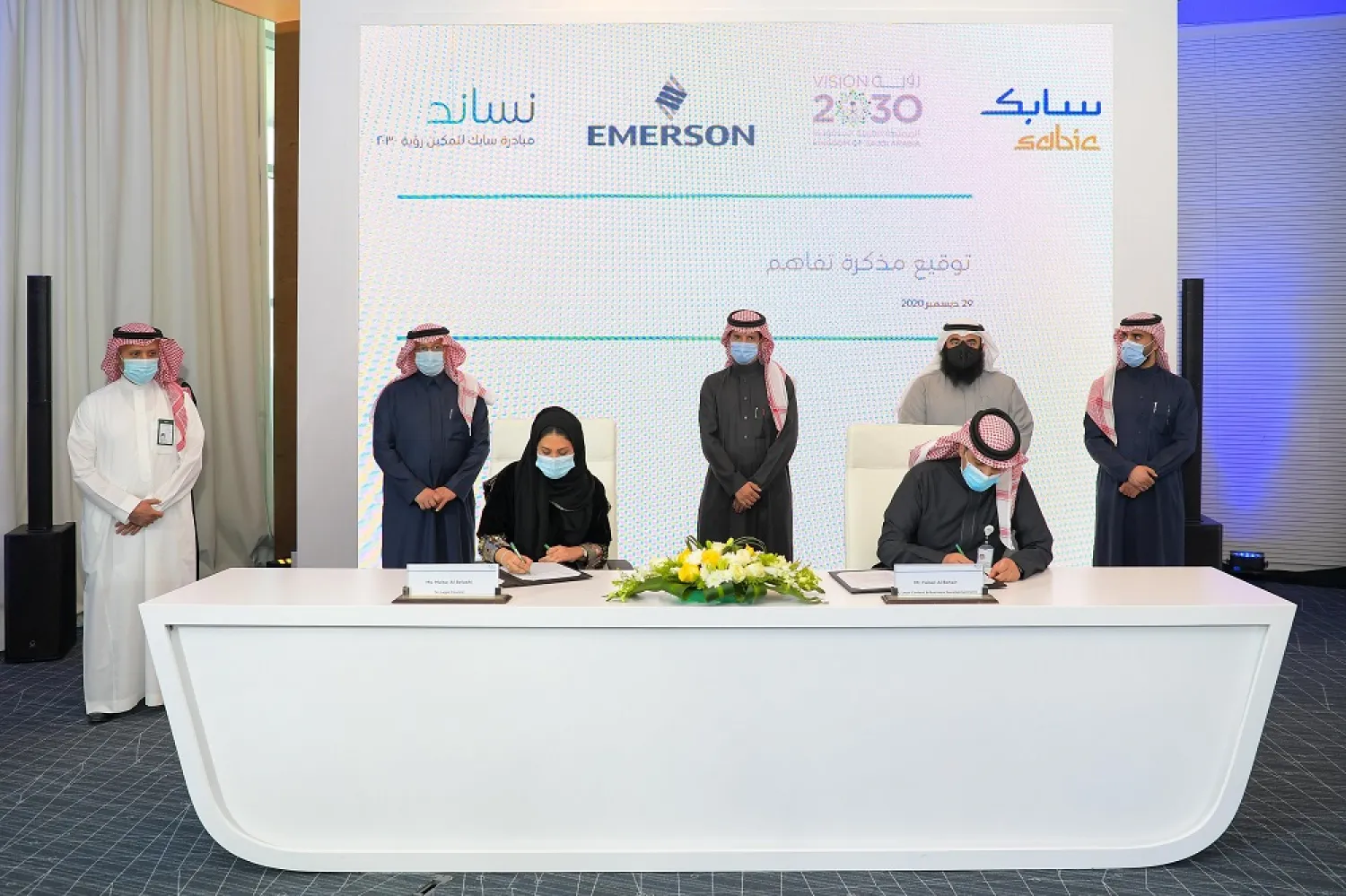The Nusaned Council revealed that since its launch, it has graduated 106 investors qualified to start projects that will create 6,610 jobs and contribute more than SAR8.8 billion ($2.3 billion).
The Council, an initiative launched by the Saudi Basic Industries Corporation (SABIC) in 2018, celebrated on Wednesday the graduation of 43 new investors at the SABIC Plastic Applications Development Center (SPADC) in Riyadh.
It signed several strategic partnership agreements and memoranda of understanding to qualify and empower SMEs and create advanced commercial products.
The MoUs and partnerships are also aimed at bolstering cooperation with the Saudi business community and universities in the areas of sustainability and innovation and develop training and manufacturing programs to contribute to localizing technologies and industries in the Kingdom.
Under these agreements, Nusaned, in collaboration with the General Authority for Small and Medium Enterprises (Monshaat), aims to bring SMEs closer to purchasing opportunities in the public and private sectors.
BASF, a German multinational chemical company, will showcase its advanced technologies, products and training programs to the business and education sectors in the Home of Innovation platform.
Emerson, an American multinational corporation, will present its solutions to localize many manufacturing technologies, control systems, valve assembly, pressure and temperature transducers.
SABIC Vice Chairman and CEO Yousef al-Benyan said the progress in the Nusaned initiative is a qualitative leap that confirms its success in attracting and creating more opportunities by reaching a large number of local and global partners.
“The outcome of these agreements and partnerships will help create jobs and raise the level of knowledge and professional qualification among locals,” he added.
It will also promote the localization of advanced technologies to enable the private sector and SMEs to play an active role in the national economy, he further explained.
In addition to SABIC, members of the Nusaned Council include ministries of human resources and social development, industry and mineral resources, investment, Monshaat, as well as the Local Content and Government Procurement Authority.
It convenes three times annually to follow up on the progress made in efforts to stimulate local content for promising future sectors, in addition to launching partnerships and initiatives and graduating inventors of eligible projects for local investment.









